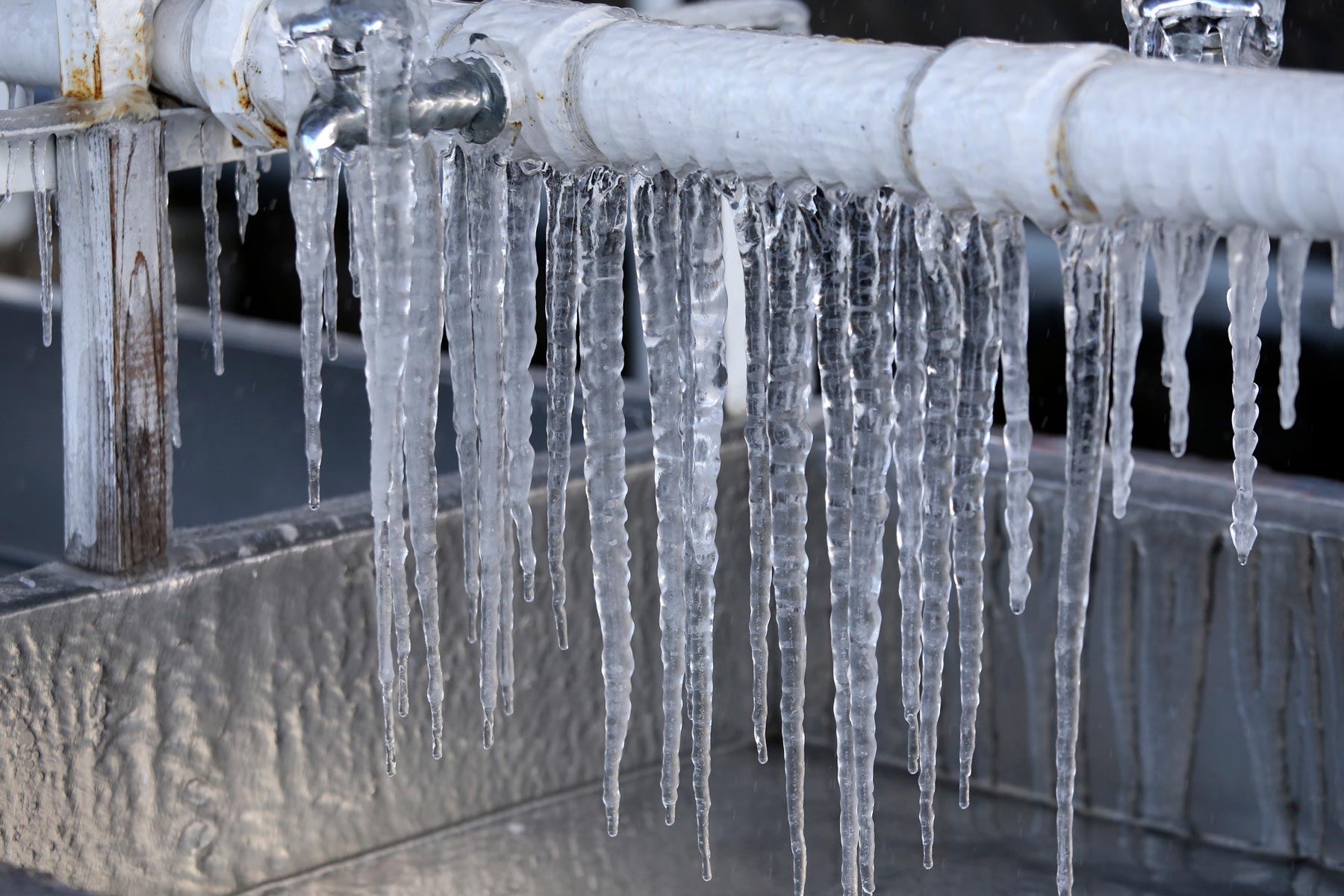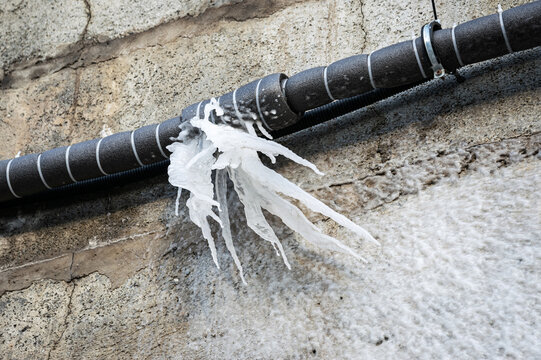Essential Tips to Prevent Frozen Plumbing in Winter: Specialist Guidance
Essential Tips to Prevent Frozen Plumbing in Winter: Specialist Guidance
Blog Article
Every person may have their own conception when it comes to How To Avoid Freezing Pipes.

Winter can wreak havoc on your pipes, especially by freezing pipes. Below's just how to prevent it from occurring and what to do if it does.
Introduction
As temperature levels decline, the threat of icy pipelines boosts, possibly bring about expensive repair services and water damages. Recognizing just how to prevent icy pipelines is crucial for property owners in chilly environments.
Prevention Tips
Protecting vulnerable pipes
Cover pipelines in insulation sleeves or make use of warm tape to shield them from freezing temperatures. Focus on pipes in unheated or exterior areas of the home.
Heating techniques
Maintain indoor rooms sufficiently warmed, specifically areas with plumbing. Open cabinet doors to enable warm air to circulate around pipes under sinks.
Just how to determine frozen pipes
Look for reduced water circulation from taps, unusual odors or sounds from pipelines, and visible frost on revealed pipelines.
Long-Term Solutions
Architectural adjustments
Take into consideration rerouting pipelines far from exterior wall surfaces or unheated areas. Add additional insulation to attic rooms, cellars, and crawl spaces.
Upgrading insulation
Purchase high-grade insulation for pipelines, attic rooms, and wall surfaces. Appropriate insulation helps preserve regular temperature levels and decreases the risk of frozen pipelines.
Securing Outside Plumbing
Yard tubes and outdoor faucets
Detach and drain garden tubes before winter. Mount frost-proof faucets or cover outside faucets with shielded caps.
Recognizing Icy Pipes
What triggers pipelines to ice up?
Pipelines ice up when revealed to temperature levels below 32 ° F (0 ° C) for extended durations. As water inside the pipes freezes, it increases, putting pressure on the pipeline wall surfaces and possibly creating them to burst.
Risks and problems
Icy pipes can lead to water interruptions, property damages, and expensive repairs. Burst pipes can flood homes and trigger substantial architectural damages.
Signs of Frozen Pipes
Recognizing frozen pipelines early can stop them from breaking.
What to Do If Your Pipelines Freeze
Immediate actions to take
If you think frozen pipelines, keep faucets open to relieve stress as the ice thaws. Make use of a hairdryer or towels taken in hot water to thaw pipelines gradually.
Verdict
Avoiding frozen pipes requires positive actions and quick feedbacks. By understanding the causes, indicators, and preventive measures, house owners can safeguard their pipes throughout cold weather.
Helpful Tips to Prevent Frozen Pipes this Winter
UNDERSTANDING THE BASICS: WHY PIPES FREEZE AND WHY IT’S A PROBLEM
Water freezing inside pipes is common during the winter months, but understanding why pipes freeze, and the potential problems it can cause is crucial in preventing such incidents. This section will delve into the basics of why pipes freeze and the associated problems that may arise.
THE SCIENCE BEHIND FROZEN PIPES
When water reaches freezing temperatures, it undergoes a physical transformation and solidifies into ice. This expansion of water as it freezes is the primary reason pipes can burst. As the water inside the pipe freezes, it expands, creating immense pressure on the walls. If the pressure becomes too great, the pipe can crack or rupture, leading to leaks and water damage.
FACTORS THAT CONTRIBUTE TO PIPE FREEZING
Low Temperatures: Extremely cold weather, especially below freezing, increases the risk of pipes freezing. Uninsulated or Poorly Insulated Pipes: Pipes located in unheated areas, such as basements, crawl spaces, or attics, are more prone to freezing. Insufficient insulation or lack of insulation altogether exacerbates the problem. Exterior Wall Exposure: Pipes running along exterior walls are susceptible to freezing as they encounter colder temperatures outside. Lack of Heating or Temperature Regulation: Inadequate heating or inconsistent temperature control in your home can contribute to frozen pipes. PROBLEMS CAUSED BY FROZEN PIPES
- Pipe Bursting: As mentioned earlier, the expansion of water as it freezes can cause pipes to burst, resulting in significant water damage.
- Water Damage: When pipes burst, it can lead to flooding and water damage to your property, including walls, ceilings, flooring, and personal belongings.
- Structural Damage: Prolonged exposure to water from burst pipes can compromise the structural integrity of your home, leading to costly repairs.
- Mold and Mildew Growth: Excess moisture from water damage can create a favorable environment for mold and mildew growth, posing health risks to occupants.
- Disrupted Water Supply: Frozen pipes can also result in a complete or partial loss of water supply until the issue is resolved.
WHY CERTAIN PIPES ARE MORE PRONE TO FREEZING
- Location: Pipes located in unheated or poorly insulated areas, such as basements, crawl spaces, attics, or exterior walls, are at higher risk of freezing.
- Exterior Pipes: Outdoor pipes, such as those used for irrigation or exposed plumbing, are particularly vulnerable to freezing as they are directly exposed to the elements.
- Supply Lines: Pipes that carry water from the main water supply into your home, including the main water line, are critical to protect as freezing in these lines can affect your entire plumbing system.
- Underground Pipes: Pipes buried underground, such as those connected to sprinkler systems or outdoor faucets, can be susceptible to freezing if not properly insulated.
https://busybusy.com/blog/helpful-tips-to-prevent-frozen-pipes-this-winter/

Do you really like reading up on How To Avoid Freezing Pipes? Write a remark down below. We would be delighted to listen to your suggestions about this write up. We hope that you visit us again later on. Sharing is nice. Helping others is fun. Thanks so much for going through it.
Click Here Report this page